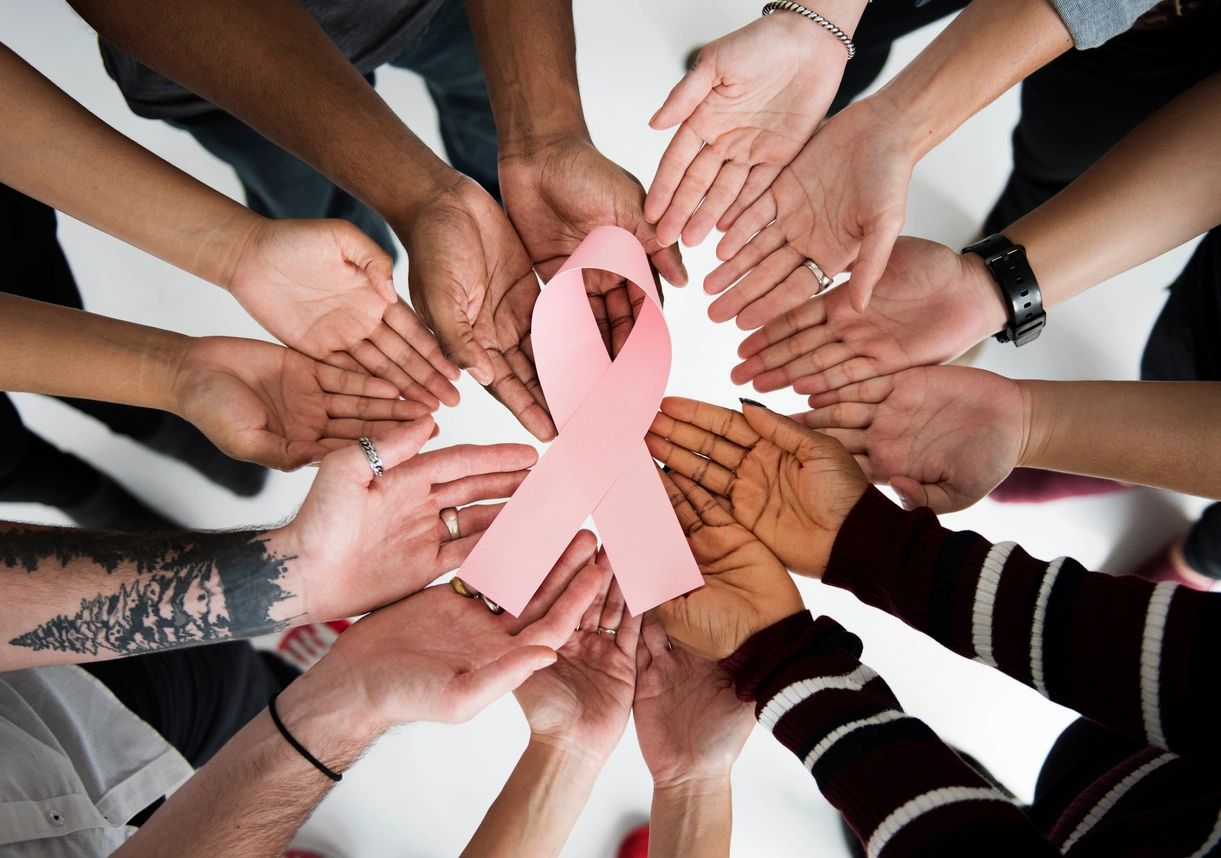October is breast cancer awareness month.
We all know somebody who was affected by this devastating disease. I am not exception. Two years ago, my best friend was diagnosed with triple negative breast cancer and I have been supporting her on her healing journey since then.
Latest statistic shows that 1 in 8 women in the United States will develop breast cancer in her lifetime. According to National institutes of health, Breast cancer is still number one cancer among women followed by lung and colon cancer.
Can we prevent it? Can we reduce the risk of developing cancer?
In the second video I talk about one of the risk factors that can predispose you to breast cancer.
If you would like to be tested, check here.
In the third video I talk about microbiom and disbiosis as one of the risk factors for developing many chronic conditions including Breast Cancer.
How fasting can reduce risk of breast cancer?
Fasting is one of the oldest therapies in medicine. Many renowned physicians throughout history and many of the oldest healing systems have recommended fasting as a fundamental method of healing and prevention. Hippocrates believed that fasting enabled the body to heal itself.
Fasting is a part of most spiritual traditions in the world, including Christianity, Hinduism, Judaism, Buddhism, and Islam. Many of history’s great spiritual leaders fasted for mental and spiritual clarity, including Jesus, Buddha, and Mohammed.
Humans have experienced many long periods of famine in their history, and although it is influenced by many factors, it appears that most humans can survive for over a month on water alone. Historically, most organisms have lived in environments of feast- famine cycle and evolution has selected organisms that are able to withstand starvation.
Adaptation to starvation requires an organism to divert energy into multiple protective systems to minimize the damage that would reduce strength. It is thought that these systems can also prolong life and decrease cancer risk. According to a review by Drs. Longo and Fontana of the University of Southern California, calorie restriction is the most potent and reproducible physiological intervention for increasing lifespan and protecting against cancer in mammals(1).
There are three metabolic stages during fasting (2):
- The first phase can last for 10 or more hours and uses up glycogen stores for energy.
- Once glycogen stores have been depleted, the body turns to glycerol and free fatty acids released from adipose tissue.
- These nutrients create ketones, which the body and brain can then use for energy. This phase can last for several weeks, depending on the size and health of the person.
Fasting results in a significant drop in insulin levels, as well as an increase in insulin sensitivity in a short amount of time. Given that insulin levels play a role in cancer risk, this is clinically important.
In 2014, Longo and colleagues demonstrated that fasting caused “old” immune cells to die in mice, which were replaced by stem cells as soon as the subjects resume eating. They concluded that a 3-day fast could help regenerate a strong immune system (3).
A 2007 study showed that alternate-day fasting, in which one day calories stayed at 400 for women and 600 for men, and the other day was unregulated, reduced blood levels of glucose, insulin and IGF-1 with a long-term risk reduction of chronic diseases including cancer, diabetes, and cardiovascular disease (4). Two calorie restriction studies, one that included women at moderately increased risk of breast cancer and the other that included newly diagnosed pancreatic cancer patients showed a decrease in tumor markers.
After learning about tremendous amount of research on fasting I started to implement an intermittent fast and a 5-day water fast in my life 3 years ago. I have seen many health benefits including cognitive improvement, mood and hormonal balance and slowed aging.
I am motivated to live a healthy lifestyle to decrease risk of developing breast cancer because I am a single mother off two kids and have high risk of genetic variants.
Are you ready to add fasting to your lifestyle? What is your motivation?
—->>> JOIN ME ON THE NEXT FASTING!!! <<<—-
1. Longo VD, Fontana L. Calorie restriction and cancer prevention: metabolic and molecular mechanisms. Trends in pharmacological sciences 2010;31:89-98.
2. Lee C, Longo VD. Fasting vs dietary restriction in cellular protection and cancer treatment: from model organisms to patients. Oncogene 2011;30:3305-16.
3. Cheng CW, Adams GB, Perin L, et al. Prolonged fasting reduces IGF-1/PKA to promote hematopoietic-stem-cell-based regeneration and reverse immunosuppression. Cell stem cell 2014;14:810-23.
4. Varady KA, Hellerstein MK. Alternate-day fasting and chronic disease prevention: a review of human and animal trials. The American journal of clinical nutrition 2007;86:7-13.


